About FUZZ-IEEE 2025
Since 1992, the Annual IEEE International Conference on Fuzzy Systems, well known as FUZZ-IEEE, is one of the premier international conferences in the field of fuzzy sets and systems. In 2025, for the first time in its history, the IEEE conference on Fuzzy Systems will take in France, in the French city of Reims.
Download the pdf Call for Papers
Important news:
-
- 12-09-2025: The proceedings of the conferene are available online on IEEE Xplore.
- 12-07-2025: Paper Awards could be seen here.
- 10-07-2025: Certificates of attendance will be sent per mail on July 17th.
- 09-07-2025: Presentation of the next IEEE WCCI 2026 in Maastricht: click here or here to see a presentation movie.
- 09-07-2025: Presentation of IEEE 1855 Standard for Fuzzy Markup Language: click here.
- 08-07-2025: Pictures of the conference are now available! See the Picture tab.
- 17-06-2025: Unfortunately, TU7: Conformal Prediction: Basics and Selected Recent Topics has been canceled due to unforeseen circumstances. We apologize for any inconvenience caused.
- 07-06-2025: Information about how to reach Reims can be found in the Venue tab, follow the link “How to reach Reims”.
- 07-06-2025: Last week to actively participate in the booklet celebrating 60 years of fuzzy sets. Click here for more information.
- 05-06-2025: The program of the conference is now available : see the Program tab.
- 01-06-2025: The schedule of the conference is now available : see the Program tab.
- 11-05-2025: Authors of accepted papers (regular, special session, LPB and J2C) are eligible to a 100€ discount on the Late Registration Fees. If you are eligible, use the coupon code – LATEAUTHOR100 – when proceeding to your payment.
- 02-05-2025: Message to authors of accepted regular paper: the deadline to submit the final version of your paper has been extended to May 10, 2025 (AoE).
- 30-04-2025: Participate to the Celebration of the 60 years of Fuzzy Sets!! Click here for more information.
- 30-04-2025: To accommodate bank transfer processing times and unforeseen delays experienced by certain institutions and authors, the Early Registration Deadline has been extended to May 10, 2025 (AoE).
- 30-04-2025: The price of an extra banquet ticket has been reduced from 150€ to 100€. This price will remain unchanged after May 10, and tickets will be available for online booking until June 10.
- 23-04-2025: Apply for EUSFLAT Student Grants now! Deadline: Tuesday 29 April (AoE). (click here)
- 17-04-2025: Information related to Visa can be found on the Visa page.
- 17-04-2025: Important information for Final Paper Submission on EDAS, see the Author instructions page.
- 15-04-2025: The registration portal is open. see the registration page for more details.
- 03-04-2025: Acceptance notifications have been sent.
- 02-04-2025: It is still possible to submit Late Breaking papers and/or Journal to Conference (J2C) papers: click here to see all the information. Please, register then submit your papers via the EDAS submission portal by the deadline.
- 02-04-2025: Due to a technical issue beyond our control, the delivery of notifications to authors, initially scheduled for April 1st, has been delayed. They will be sent in the coming days (expected on April 3rd). Our team is actively working to resolve this issue, and we appreciate the authors’ patience and understanding.
- 10-02-2025: The deadline for the submission of regular and special session papers is TODAY, 23:59, Anywhere on Earth, i.e. UTC -12.
- 23-01-2025: The deadline for Regular and Special Session papers has been extended to February 10th, 2025 (final extension).
- 09-01-2025: The list of Keynote Speakers is now complete! (see Program->Keynote Speakers)
- 09-01-2025: The list of Tutorials and Panel Sessions has been updated (see Program->Tutorials and Panel Sessions)
- 09-01-2025: The deadline for Regular and Special Session papers has been extended to
January 24, 2025. Please, register then submit your papers via the EDAS submission portal by the extended deadline.
- 24-12-2024: Competition proposal webpage updated!
- The EDAS submission portal is now open for FUZZ-IEEE 2025. Don’t miss the deadline of
Jan. 24, 2025 (extended)Jan. 10, 2025February 10th, 2025 (final extension) to submit your Regular or Special Session papers. Please, follow the Authors Instructions and Paper Submission Guidelines to prepare your manuscript. Note also that Double Blind reviews will be performed. Therefore don’t provide any Authors and Affiliations indications on your submitted pdf manuscript. - 05-12-2024: The list of Accepted Special Sessionsis now online and can be reached from the menu at “Program->Special sessions“.
- 30-10-2024: Due to several requests, the submission deadline for Tutorials and Special Sessions has been postponed to November 15th, 2024.
General information
Conference dates: July 6-9, 2025
Conference venue: Reims convention centre,
12 boulevard Général Leclerc, 51100 Reims, France (see a map)
Location: Reims, the city of French Kings and Champagne !
A dynamic city with a rich historical heritage…
All Facilities in the heart of the city…
See more details in the Venue and Accomodation information.
Important dates
The dates have been moved to a dedicated webpage: please, click here.
Topics of Interest
FUZZ-IEEE 2025 will represent a unique meeting point for scientists and engineers, both from academia and industry, to interact and discuss the latest enhancements and innovations in the field. The topic of the conference will cover all the aspects of theory and applications in fuzzy sets theory and hybridizations with other artificial and computational intelligence techniques. In particular, FUZZ-IEEE 2025 topics include, but are not limited to:
- Mathematical and theoretical foundations of fuzzy sets, measures and integrals,
- Fuzzy control, robotics, sensors, fuzzy hardware and architectures,
- Fuzzy data analysis, fuzzy clustering, classification and pattern recognition,
- Type-2 fuzzy sets, computing with words and granular computing,
- Fuzzy systems with big data and cloud computing, fuzzy analytics and visualization,
- Fuzzy systems design and optimization,
- Fuzzy decision analysis, multi-criteria, decision making and decision support,
- Fuzzy modelling, identification and fault detection,
- Fuzzy information processing, information extraction and fusion,
- Fuzzy web engineering, information retrieval, text mining and social network analysis,
- Knowledge discovery, learning, reasoning and knowledge representation,
- Fuzzy image, speech and signal processing, vision and multimedia data,
- Fuzzy databases and information retrieval,
- Rough sets, imprecise probabilities, possibilities approaches,
- Fuzzy logic and its Industrial, financial, biological and medical applications,
- Fuzzy logic in civil engineering and geographical information systems,
- Fuzzy sets and soft computing in social sciences, linguistic summarization, natural language processing,
- Computational intelligence in environmental sciences,
- Computational Intelligence in safety of critical systems, cyber-physical systems and cyber-security,
- Hardware/Software for fuzzy systems,
- Fuzzy Markup Language and standard technologies for fuzzy systems,
- Adaptive, hierarchical and hybrid (neuro- and evolutionary-) fuzzy systems,
- Emerging related topics…
In addition to regular presentations, the conference will include tutorials, panel sessions, and plenary talks from several well-known leaders in the field. Submissions for regular presentations are invited from researchers, practitioners, and students worldwide. Proposals for Special Sessions are highly welcomed. Each proposal should give a description of the session topic and the names of the contributors plus their paper titles. Papers submitted to special sessions will go through the normal reviewing process. Proposals for Tutorials are also highly welcomed. An outline for each tutorial should be submitted and any pre-requisites for the intended audience.
Contact
For more information: fuzz-ieee2025@univ-reims.fr
Conference Sponsors
 |
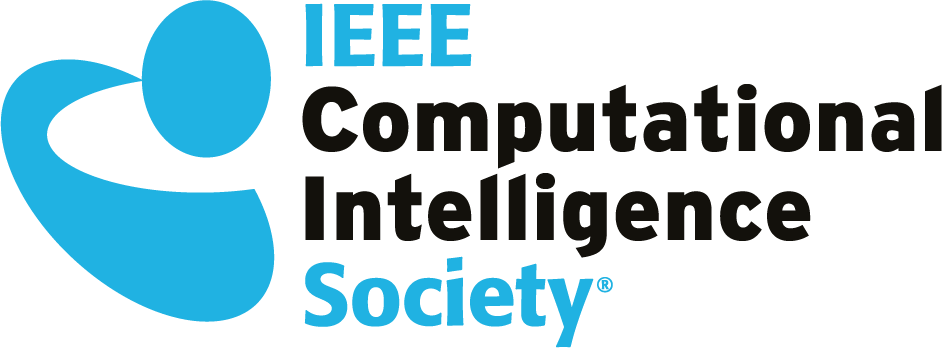 |
 |
|---|---|---|
 |
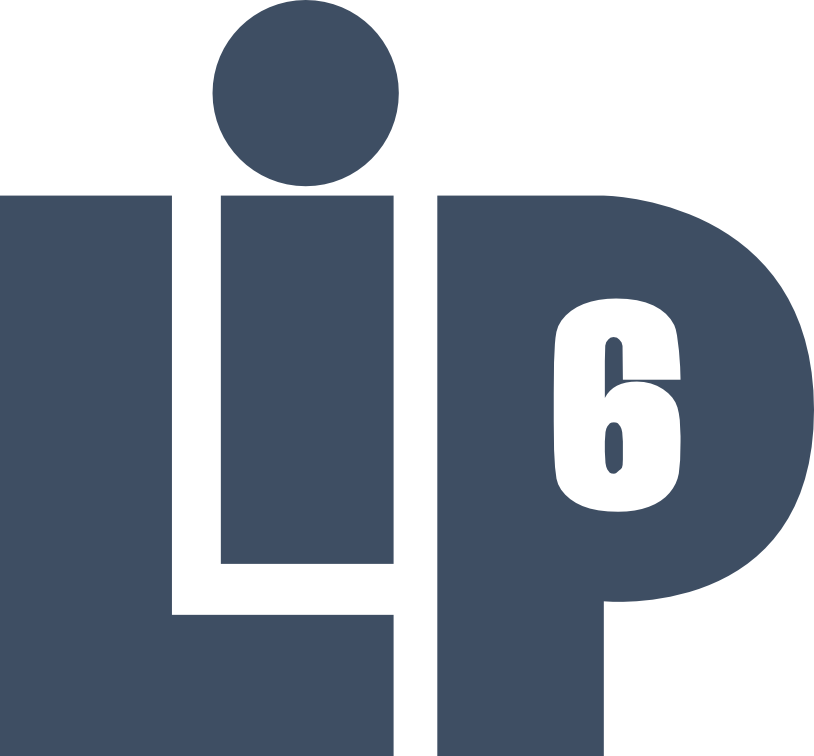 |
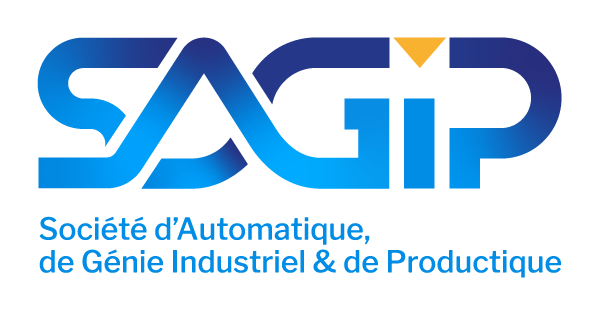 |
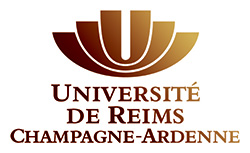 |
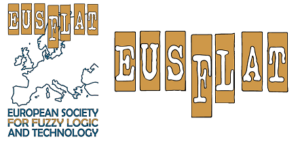 |
